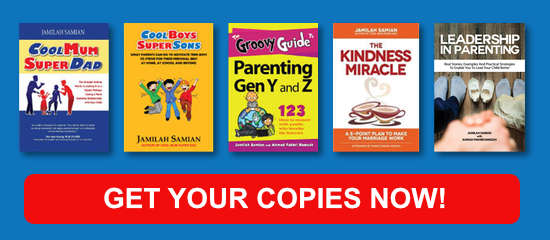I wish you were there with me at the supermarket in Luxembourg. Some distance before me a sales lady stood, helping shoppers at a check-out counter. To her right, a pole displayed the languages she was proficient in. All in, she could converse in German, French, Luxembourgish, Dutch and English. Seeing is believing.
If you think this is an exception, you are mistaken. People in Europe speak multiple languages. Europe consists of many small countries, it makes sense to speak your neighbours’ tongues. Why not? It eases business transactions and everyday communication.
A man sitting across me on a train ride first spoke in Arabic over his mobile phone, switched to French when a man sat next to him, then switched to German to a lady who appeared later.
Mixed marriages are common; if all you speak is one language, trouble brews rather easily in terms of in-law relationships as lack of communication means you can’t explain yourself for the wrong assumptions made about your actions.
I believe in multilingualism. Utter a few words to someone in his native language and see his face light up instantly. It shows you respect his culture, even if you’re not proficient in the language. After all, you have made the effort, did you not? That’s proof that you respect him. Respect, I daresay, is what’s needed to promote peace in our volatile world. Respect humanizes people. You’ll see a man, woman or child as less of a foreigner, less of an alien if you speak their language and appreciate their culture.
Language breaks the ice.
Language creates bridges between differing nations.
In a foreign land, you would feel an almost instant tie of kinship with someone who speaks your language. It brings on familiarity.
I don’t think being a polyglot (multilingual) waters down your loyalty to your own ethnic kind, or make you lose your identity either. In fact, gaining insights about other cultures might make you treasure your own roots even more.
Here’s the argument against multilingualism – a person learning several languages would have difficulty to excel in any particular language. Monolingualism, they say, is ideal for the brain. Far better to become an expert in one language, excel in it, rather than learn multiple languages and turn up as a jack-of-all trades, but an expert in none.
I don’t buy this argument. The brain is plastic. The benefits of multilingualism far outweigh the potential disadvantages. If you understand multiple languages, you’d be privy to different cultures. You could learn and benefit from the good things as well as bad, which might be absent from that of your own. You could learn from their mistakes and avoid them. Or you could choose to excel in a certain language and still be good in the rest. Wouldn’t that make you smarter and a better person?
For one reason or another, some of us grew up being told not to speak in another language that’s not your mother tongue. You might realize the value of multilingualism only when you’re older. Is it too late to learn? It might be difficult to grasp a new language the older you become. Still, you could commit to memory at least a few words, a new language of your interest. It might be a starting point for your family to begin seeing the world in a new way.










